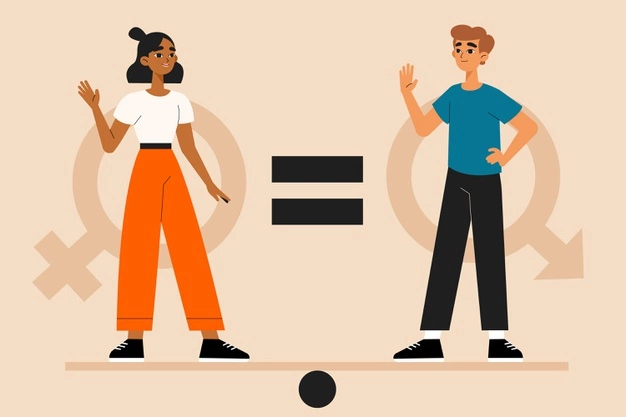The Gauhati High Court recently ruled that terming a housewife as ‘skilled worker’, does not do
justice to her role in managing the house [Mrinal Kanti Debnath & ors vs United India Assurance Co
Ltd & ors]. The court made this observation in a motor accident claim case.
Justice Malasri Nandi, who was hearing an appeal challenging an order of a Motor Accident Claims
Tribunal (MACT), firmly stated that a housewife is more than a mere skilled worker and the
compensation contribution with respect to such a deceased person must be calculated accordingly.
“In my considered opinion to tag a housewife as a ‘skilled worker’ alone does not do complete
justice to her multifarious role as a home manager . It would not be unreasonable to estimate the
contribution of the deceased in the present case at a higher figure amounting to ₹5,000 without
deduction,” the Court observed.
The judge was hearing a plea filed by the minor daughters and widowed mother of the deceased
against MACT order which had awarded ₹4,25,000 as compensation for motor accident death of the
deceased. It was in 2013 that the daughters lost their mother, Swapna Rani Debnath who was only
40 years old and was working as an Anganwadi helper.
The MACT had arrived at the respective compensation amount after taking into account funeral
expenses and losses of estate, consortium, and love and affection.
The judge increased the compensation amount to Rs 9,70,000 and directed the United India
Insurance Company Limited to make necessary payment as per the order.
The Court noted that in the present case, the accident happened in 2013, that is, 32 years after the
case of Lata Wadhwa. It, therefore, proceeded to fix the monthly income of the deceased at ₹5,000.
The counsel for the petitioners said that the appeal was on the grounds that the claimants are
unmarried daughters of the deceased and were dependent on their mother having income of her
own. He said that loss of dependency should therefore be taken into consideration while assessing
award of compensation.
The Court has stated that the argument of the insurance company that if a loss of dependency is to
be considered, the income of the deceased should be fixed at ₹1,500 given her fixed earnings as an
Anganwadi worker, is flawed.
Justice Nandi relied on the Supreme Court decision in Jitendra Khimshankar Trivedi & Ors Vs. Kasam
Daud Kumbhar & Ors in which the Court had, while fixing the homemaker’s income at ₹3,000 per
month, held that “it is hard to monetize the domestic work done by a housewife/mother. The
service of the mother/wife is available 24 hours and her duties are never fixed. Courts have
recognized that the contribution made by the wife to the house is invaluable and that it cannot be
computed in terms of money.”
The Court also placed reliance on the Apex court’s decision in Lata Wadhwa and Others Vs. State of
Bihar and other in which the accident had taken place in 1981 and the Court evaluated the
contribution of a house wife at ₹3,000 per month.
The Court noted that in the present case, the accident happened in 2013, that is, 32 years after the
case of Lata Wadhwa. It, therefore, proceeded to fix the monthly income of the deceased at ₹5,000.
Noting that the deceased woman was 40 years old at the time of her death, the Court ruled that the
compensation for her annual income would be calculated for 15 years, as per the apex court
decision in Sarla Verma. Vs. DTC.
Furthermore, as per the top court’s decision in National Insurance Co. Ltd. Vs. Pranay Shethi & Ors.,
the Court in the instant case fixed the compensation under the remaining heads as follows: loss of
estate, loss of consortium and Funeral expenses at ₹15,000, ₹40,000 and ₹15,000 respectively.
The compensation amount was thus increased to ₹9,70,000. In allowing the appeal, the Court noted
that the daughters were minors at the time of their mother’s death.
Thus, the Court held that 80 percent of the compensation will be divided between the two minor
daughters, Jumpi Debnath and Sukla Debnath and the balance 20 percent will go to the claimant no.
1 husband, Mrinal kanti Debnath, if he is not re-married. In case the husband is re-married, then
the daughters will get 100 percent of the computed compensation, the Court added.












